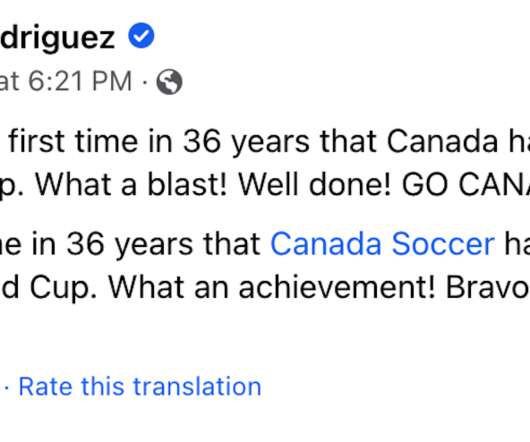Court Doesn’t Expect YouTube to Moderate Content Perfectly–Newman v. Google
Technology & Marketing Law Blog
AUGUST 21, 2023
However, as I observed before, it’s not actually possible to “discriminate” against every subpopulation of user-authors, because discrimination-against-everyone is really discrimination-against-no one. Yet, the court also said that general statistical evidence of site-wide discrimination wouldn’t matter.

















Let's personalize your content